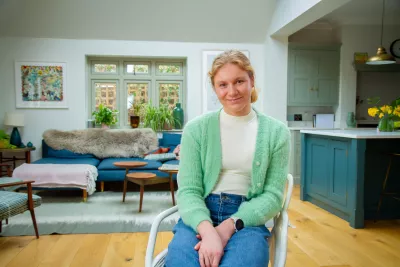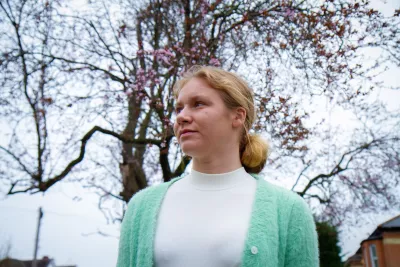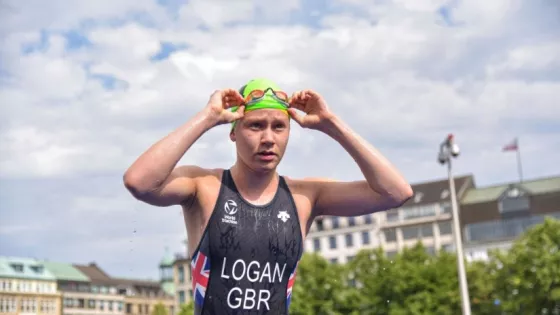Hi, I’m Olivia, and I’m currently studying and training as an elite triathlete at Loughborough University. My typical week involves a whopping 17 hours of swimming, biking, and running. It’s intense, but I love every minute of it. However, my journey is not just about sports; it’s also about managing my epilepsy, which has been part of my life since I was 12.

The Early Days and My Diagnosis
My epilepsy started as absence seizures and evolved into more severe tonic clonic seizures by 2021. These weren’t just physical challenges; they brought emotional ones too, especially when I had my first major seizure in front of my little sister. Despite these scary moments, my family's support has been incredible. They’ve helped me stay focused on my goals, both in athletics and life.
Adjusting and Adapting
Living with epilepsy means I’ve had to be extra careful about managing my condition, particularly when it comes to medication. The side effects can really mess with my training schedule, so finding the right treatment has been crucial to maintaining my performance. Moving to university added another layer of responsibility—managing my healthcare on my own, keeping up with medications, and ensuring my new friends and coaches understand what epilepsy means for me.
Everyone should be able to take part in the sports that they love without their epilepsy meaning they are left out or can’t be involved!Olivia Logan
Spreading Awareness
Through my experiences, I've become a passionate advocate for increasing epilepsy awareness, especially in the sports world. I’ve noticed a lack of understanding among some coaches and teammates. I’ve experienced first hand the discrimination against health conditions and hidden disabilities. I’ve worked with coaches who haven’t understood my seizures or how they affect me, and expect me to train as if nothing has happened. I’ve also have coaches who stop me from taking part in certain races or training camps, as they believe it’s not safe for me to participate, but really that’s their own fear, and they’re just holding me back.
This experience has only fuelled my desire to educate others. I believe that better knowledge and support can make a big difference for athletes facing similar challenges. More awareness and understanding is needed throughout the sporting world, from children taking part in PE classes and hobbies, right through to professional athletes. Everyone should be able to take part in the sports that they love without their epilepsy meaning they are left out or can’t be involved!

My Dreams and Hopes
I'm not just chasing dreams of competing at the Olympic level; I also want to use my story and my voice to help other athletes with hidden disabilities. I’m studying sports psychology to expand my impact, hoping to create more inclusive and supportive environments in sports.
My Tips for Others
For anyone on a similar path, here’s some advice: know yourself, take charge of your health, and surround yourself with supportive people. I believe strongly that epilepsy doesn’t have to define you. It’s all about adapting and fully enjoying life, no matter the hurdles.

Will you help a child being unfairly left out?
Right now, children and young people like Olivia are being excluded from the activities they love simply because they have epilepsy.
There’s two great ways that you can help young people like Olivia. Donate today or join the £100 Challenge. Run, walk, bake or raise £100 your way. All donations and fundraising will be automatically doubled!


